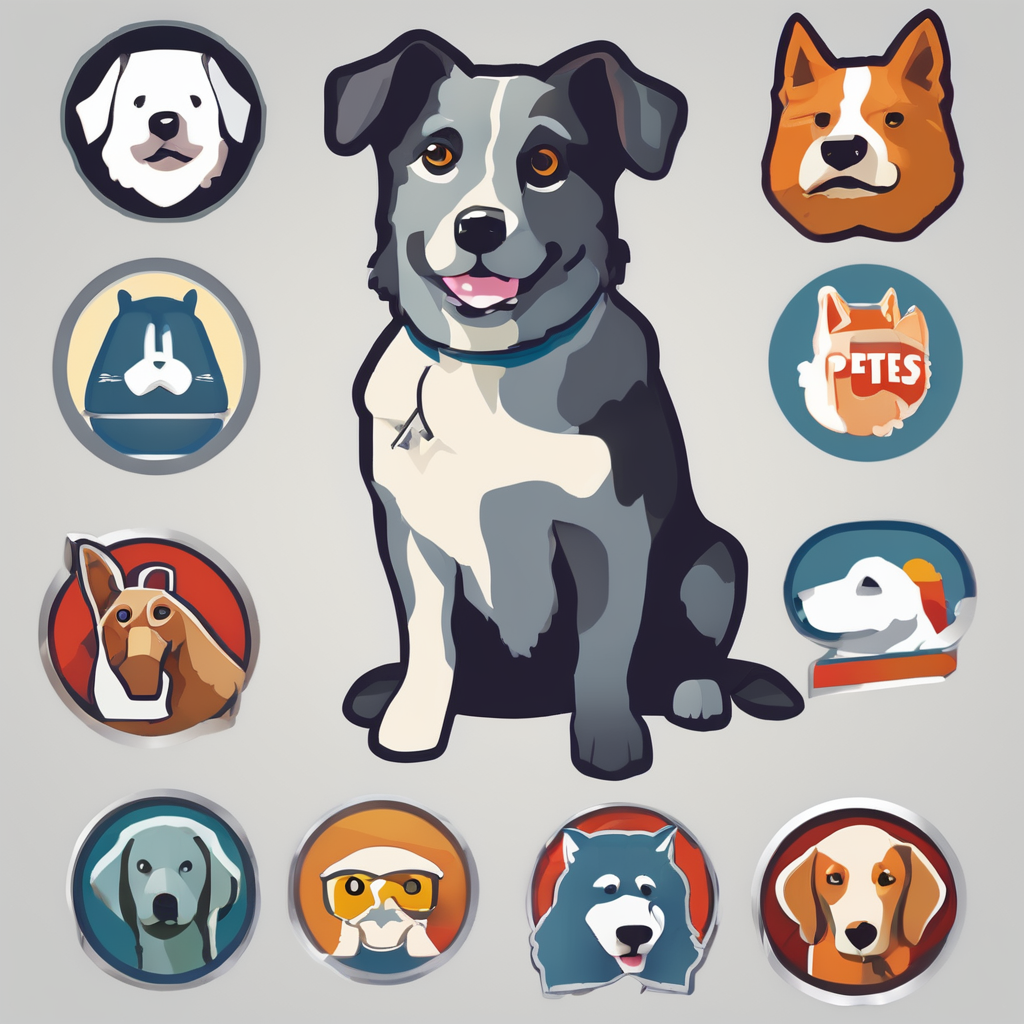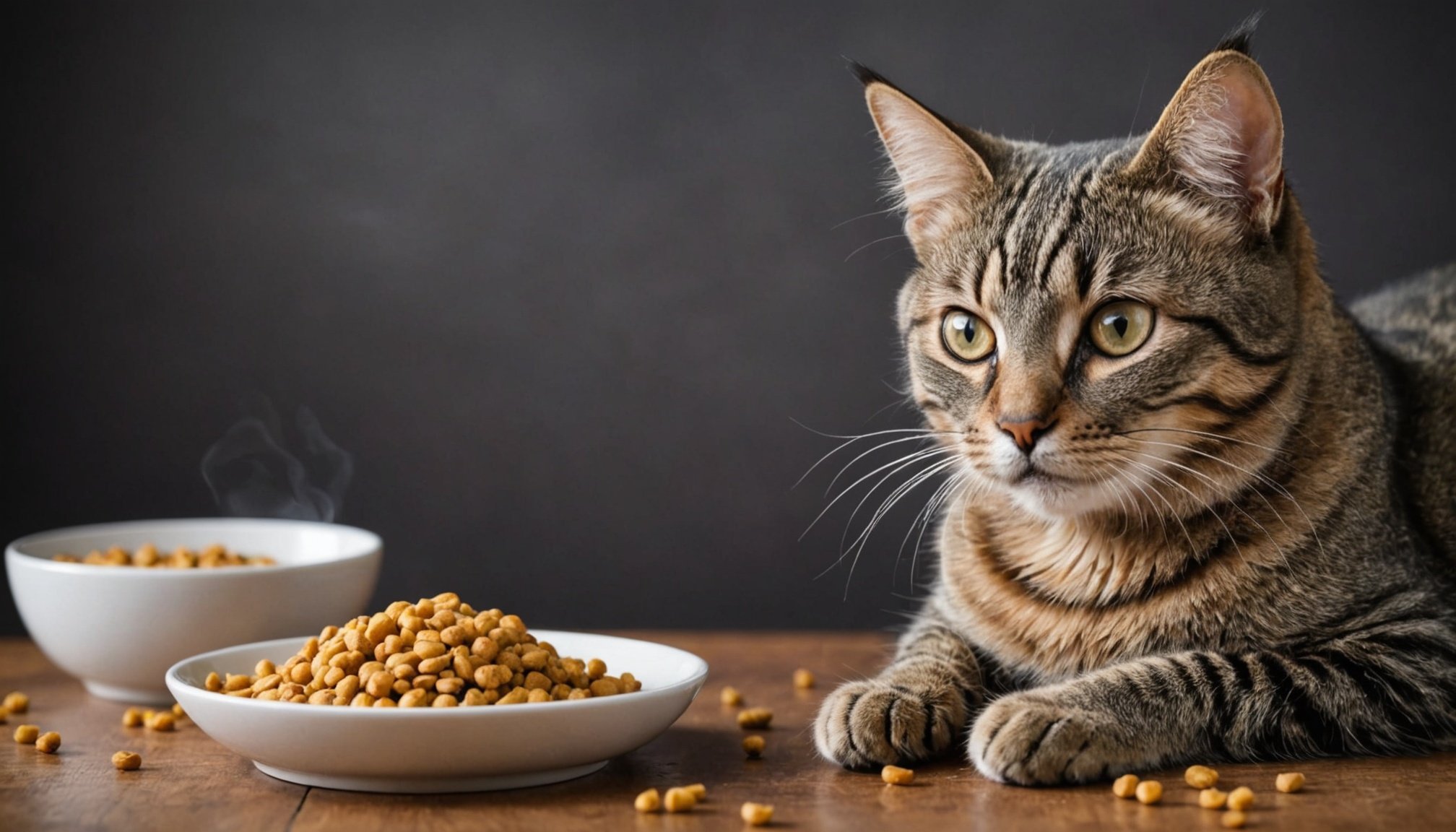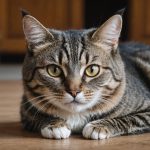Essential Nutritional Needs for Pregnant Queens: How to Tailor Their Diet for Optimal Health
When it comes to the health and well-being of pregnant cats, or queens, nutrition plays a crucial role. A well-balanced and tailored diet is essential to support the queen’s health, the growth of her kittens, and to ensure a smooth and healthy pregnancy. Here’s a comprehensive guide on how to meet the nutritional needs of your pregnant queen.
Understanding the Nutritional Requirements
During pregnancy, the nutritional needs of a queen undergo significant changes. Here are some key aspects to consider:
Topic to read : How can I tell if my cat is experiencing discomfort from dental issues?
High-Quality Protein
Protein is one of the most critical nutrients for pregnant queens. It supports the growth of the kittens, maintains the mother’s muscle mass, and aids in milk production. A diet rich in high-quality animal-based proteins such as chicken, beef, or fish is essential. For example, a pregnant queen’s diet should include at least 22-32% of her daily calories from protein.
Balanced Fat Content
Fats are another vital component, providing concentrated energy and supporting the development of the kittens’ brains and vision. Healthy fats like omega-3 fatty acids (especially DHA) and omega-6 fatty acids are particularly important. These can be found in fish oils or high-quality commercial cat foods formulated for reproduction and lactation.
Also to see : How can I prevent my cat from developing bad habits like excessive meowing?
Carbohydrates
Carbohydrates serve as a readily available source of energy. During pregnancy, the caloric requirement increases significantly, making highly digestible, nutrient-dense carbohydrates essential. A quality cat food should consist of around 40-50% carbohydrates to meet the increased energy needs.
Calcium and Phosphorus
These minerals are critical for fetal skeletal development and milk production. The recommended calcium-to-phosphorus ratio is 1.2:1, as per AAFCO guidelines. It is important to avoid calcium supplementation unless recommended by a veterinarian to prevent conditions like eclampsia.
Dietary Adjustments Throughout Pregnancy
The nutritional needs of a pregnant queen change as the pregnancy progresses. Here’s how you can adjust her diet accordingly:
Early Stages of Pregnancy
In the first four weeks of pregnancy, a high-quality adult cat food will suffice. However, as the pregnancy advances, the nutritional requirements change.
Later Stages of Pregnancy
As the queen enters the later stages of pregnancy, her diet needs to be adjusted to provide increased calories, protein, fat, and the correct calcium-to-phosphorus ratio. A commercial cat food formulated for reproduction and lactation can meet these needs. Here are some key adjustments:
- Increased Caloric Intake: The queen’s energy needs increase significantly, especially in the third trimester. She may require up to 1.5 to 2 times her normal caloric intake.
- Frequent, Small Meals: As the pregnancy progresses, feeding smaller, more frequent meals can help avoid discomfort and aid digestion. Monitoring her weight and adjusting meal portions accordingly is crucial to prevent underfeeding and obesity.
Importance of a Balanced Diet
A balanced diet is not just about meeting the nutritional needs but also about preventing health issues that can arise during pregnancy.
Preventing Obesity
Obesity is a significant risk for pregnant queens, leading to complications such as arthritis, diabetes, hypertension, and a reduced life expectancy. Ensuring the queen maintains a healthy weight through a balanced diet is crucial.
Managing Health Conditions
Pregnant queens with health conditions, such as hyperparathyroidism or food intolerances, require special dietary plans. For instance, cats with allergies may need hypoallergenic foods, while those with diabetes may require foods that help manage blood sugar levels.
Practical Tips for Feeding Your Pregnant Queen
Here are some practical tips to help you tailor your queen’s diet effectively:
Consult with Your Veterinarian
Your veterinarian can provide personalized dietary advice based on the queen’s health, age, and breed. They can help you choose the right commercial food or formulate a custom diet if necessary.
Read Food Labels Carefully
When selecting commercial cat food, look for labels that indicate the food is formulated for pregnant or nursing cats. Check the protein, fat, and carbohydrate content to ensure it meets the queen’s nutritional needs.
Monitor Weight and Adjust Accordingly
Regularly monitor the queen’s weight and adjust her food portions to prevent underfeeding or overfeeding. This is particularly important during the later stages of pregnancy when her energy needs increase.
Example Meal Plan
Here’s an example of how you might structure a meal plan for your pregnant queen:
| Stage of Pregnancy | Nutritional Needs | Feeding Recommendations |
|---|---|---|
| Early Stages (0-4 weeks) | High-quality adult cat food | Feed as usual, monitor weight |
| Mid-Stages (5-6 weeks) | Increased protein, moderate fats | Start transitioning to reproductive/lactation food |
| Late Stages (7-9 weeks) | High calories, balanced fats, calcium/phosphorus ratio | Feed smaller, more frequent meals; increase caloric intake by 1.5 to 2 times |
Key Nutrients and Their Importance
Here is a detailed list of key nutrients and their importance during pregnancy:
-
Protein:
-
Supports kitten growth and development
-
Maintains the queen’s muscle mass
-
Aids in milk production
-
Recommended intake: 22-32% of daily calories
-
Fats:
-
Provides concentrated energy
-
Supports brain and vision development in kittens
-
Recommended intake: Balanced omega-3 and omega-6 fatty acids
-
Carbohydrates:
-
Provides readily available energy
-
Recommended intake: 40-50% of daily calories
-
Calcium and Phosphorus:
-
Critical for fetal skeletal development and milk production
-
Recommended ratio: 1.2:1
-
Vitamins A, D, E, and Minerals:
-
Vitamin A: Supports immune system and vision development
-
Vitamin D: Aids in calcium absorption
-
Vitamin E: Acts as an antioxidant
-
Recommended intake: Follow NRC guidelines
Quotes from Experts
- “Proper nourishment can help reduce many medical concerns in pregnant cats, including common allergies, hyperparathyroidism, and food intolerances,” says a veterinarian from Wag Nation.
- “A balanced and complete diet for a pregnant cat needs to include high levels of protein, moderate fats, essential vitamins and minerals like calcium and phosphorus, and omega-3 fatty acids to support the development of healthy kittens,” advises a nutritional expert from Your Vet Online.
Tailoring the diet of your pregnant queen is a critical aspect of ensuring her health and the health of her kittens. By understanding the specific nutritional needs at different stages of pregnancy and making the necessary dietary adjustments, you can help prevent health complications and support optimal growth and development. Always consult with your veterinarian to get personalized dietary advice, and remember to monitor your queen’s weight and adjust her food portions accordingly. With the right diet and care, you can help your pregnant queen have a healthy and successful pregnancy.









